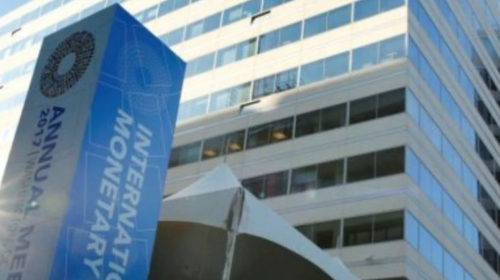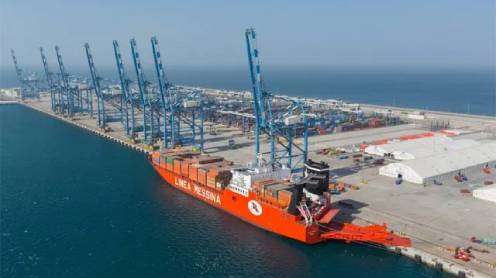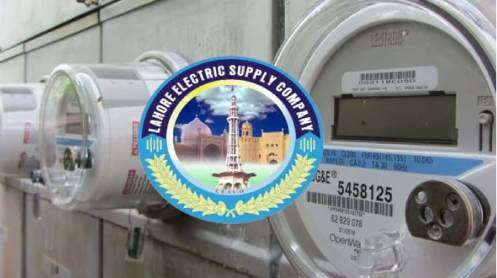Finance Minister Miftah Ismail has said the IMF programme would be resumed before the end of August, which should bring macroeconomic stability while improvement in power crisis might help post balance of payment surplus in months ahead.
“Macroeconomic stability was forthcoming with the IMF programme resuming before end of August as all conditionalities have been met,” the minister said at a meeting with Pakistan Stock Exchange (PSX) officials.
Furthermore, he said the balance of payments position is now well under control. “With increased hydel power, lower energy demand and lower oil prices, Pakistan may even have balance of payments surplus in coming months.”
The minister said fiscal discipline would be strictly followed and all additional expenditures fully funded by tax measures.
“Ten percent super tax has been imposed for one year only while alternative revenue streams are developed,” he said. “ADR-linked (alternate dispute resolution) tax on banks would not be imposed retrospectively and tax revenues from the retail sector are expected to be significantly more compared to last year.”
On concerns raised by the meeting participants, the minister asked the FBR to immediately review any discrepancies in the CGT regime and the issue of tax credit for newly listed companies.
He asked SECP to review the investment limit and AML requirements for Sahulat Accounts. He also directed the Ministry of Finance to review listing of DFIs, procedure for issuance of debt/ Sukuks in the capital markets and interest rate setting of NSS instruments.
He set up three committees for a thorough review of these matters. The first committee was set up to share the perspective of the private sector with SBP and the MPC on interest rates, the second one was set up to coordinate with PBC and PSX on all the tax issues and the third committee was set up to coordinate the review of listing of DFIs, debt and Sukuk issuance, reform of NSS and explore development of a market for exchange rate forward dealing which all market participants were able to access.
SBP’s deputy governor would coordinate with PSX and PBC representatives in the first committee. Member Tax Policy Afaque Qureshi would coordinate with PBC and PSX on all tax issues in the second committee, whereas in the third committee, Special Secretary Finance Awais Manzoor would coordinate along with Nasim Beg from the private sector.
The finance minister further committed to review progress and meet with the stakeholders again within two weeks.
Miftah also agreed with a PSX proposal that there was need to increase dividends by profitable state-owned entities up to 50 percent to augment tax revenues, and issued directives to hold meetings with relevant ministries in this regard.
Participants also pointed out that market valuations presented compelling opportunities for entities like State Life Corporation and EOBI to invest in listed equities for the benefit of their policy holders and pensioners.
It was emphasised that SOEs like State Life, DFIs like Pak Kuwait, PPP, and CPEC projects be encouraged to list and raise debt from the capital market. This would allow the government to release their equity and reinvest it in new projects, while growing the size of the market, a key matric to be included in the MSCI Emerging Markets Index.
Key points addressed at the meeting included matters related to Pakistan’s macroeconomy, capital markets, taxation and non-tax measures. In terms of the macroeconomic situation prevailing in the country, the participants emphasised that government’s funding should be strong and taxation measures should be equitable.
Movements in the rupee/USD exchange rate have been too volatile and changes to this effect should be gradual. With regard to the interest rates, it was pointed out that interest rates in almost all countries of the world were negative and that this should be taken into account in context of interest rates in Pakistan.







